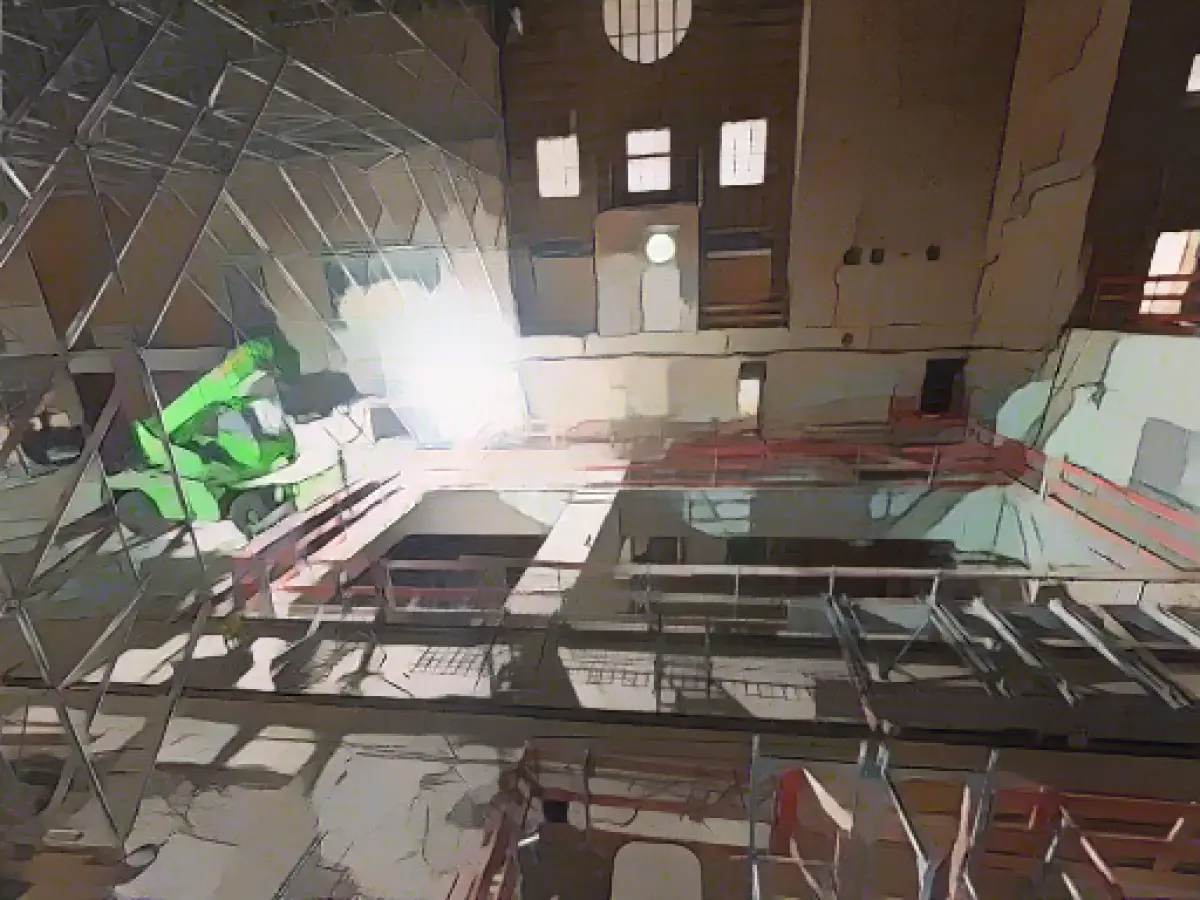Upcoming Budget Concerns for Stuttgart 21 Project Partners
Recent developments in the Stuttgart 21 project have sparked concerns among the project's partners about potential further financial escalations. Berthold Huber, Chief Infrastructure Officer of Deutsche Bahn, expressed his worries during a steering committee meeting in Stuttgart on Friday, stating that indications of surpassing the budget have become too evident to ignore. The Deutsche Bahn Supervisory Board is slated to review the project's cost development on December 18.
Baden-Württemberg's Transport Minister, Winfried Hermann, further emphasized the issue, acknowledging cost increases of up to 200% in individual tenders. Dismissing the previous plans, Hermann, a Green Party member, declared, "We're tearing them up." The partners remained tight-lipped regarding any explicit figures related to the project's cost development.
Currently, Deutsche Bahn has estimated the Stuttgart 21 project expense at €9.15 billion, with an additional €640 million buffer. Precedents of escalating costs have influenced these projections.
Despite the looming financial issues, project partners are navigating the intricate complexities of the project. Contending with potential traffic disruptions on neighboring railroad routes in Stuttgart marks a considerable challenge.
Sources:
Enrichment Insights:
The Stuttgart 21 project, a massive rail construction initiative in Germany, has faced substantial cost increases and delays. As of now, projections suggest the project may exceed its preliminary €3 billion budget, surpassing the current cost estimate of around €11 billion. This escalation might even reach at least €12 billion by the planned completion date in December 2026.
Several factors contribute to these financial challenges and project delays. The complex nature and extensive alterations encompassed in the project have been significant contributors to setbacks and additional expenditures. The spiraling costs have also been affected by the necessity for more testing and the unforeseen obstacles uncovered during construction.
Additionally, poor communication and community backlash have influenced the financial burden of the Stuttgart 21 project. A lack of transparency and perceived lack of public input into decisions have driven protests and opposition against the project, further complicating matters and fueling escalating costs.
These factors have collectively led to the considerable delays and escalating expenses faced by the Stuttgart 21 rail project.








